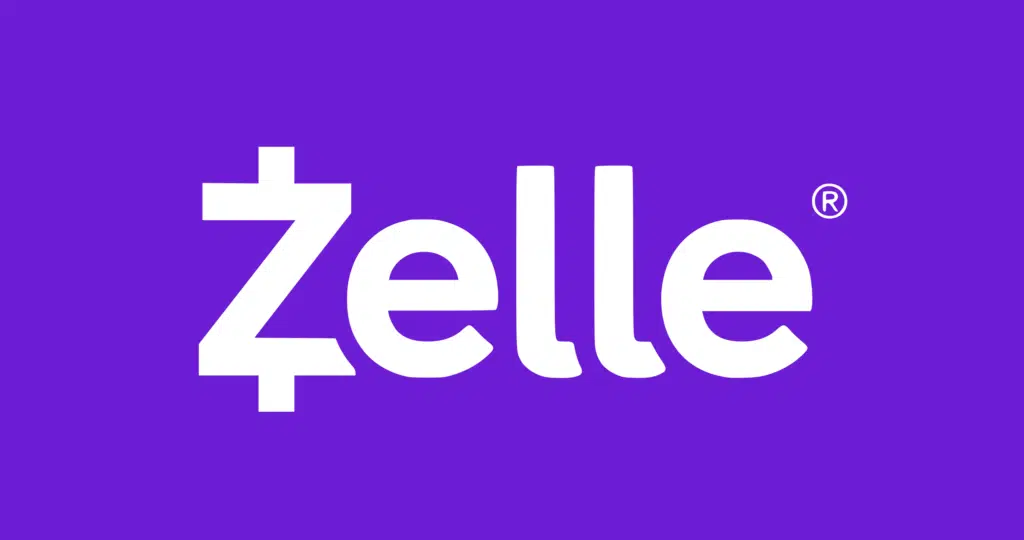Early Warning Services LLC Monday morning issued a report from its chief executive reporting significant first-quarter growth for the company’s Zelle peer-to-peer payments network and underscoring efforts by EWS, owned by seven of the nation’s biggest banks, to combat fraud and scams.
Though the report, signed by four-year CEO Al Ko, omits mention of other projects, Scottsdale, Ariz.-based EWS said last month it is working on a digital wallet called Paze that will hold cards issued by participating banks and is set to debut later this year. The wallet initiative is headed up by former Mastercard executive James Anderson, who joined EWS in August.
The Zelle network processed 639 million transactions for consumers and small businesses in the first quarter, Ko reported, with a total value of nearly $180 billion. Those volumes were up 29% and 31%, respectively, over the same quarter in 2022. He stressed the increasing role of credit unions in Zelle’s performance, as they accounted for 46% of all financial institutions that went live on the network during the quarter. At the same time, Zelle has been working to cultivate usage among small businesses, which accounted for 150 million transactions in 2022, up 77% over 2021, EWS told Digital Transactions News earlier this year.

“It’s clear that our user base for Zelle is growing and ever-more engaged, and we are committed to continuing to bring trust to the financial moments that matter to them through strong fraud prevention and robust regulatory oversight and compliance,” Ko said in the letter.
Looking at the more than 5 billion transactions processed through Zelle since the network’s debut in 2017, Ko reported more than 99.9% were “sent without any report of fraud or scams.” That rate “continued to improve” throughout the first quarter, he said, adding that each participating financial institution is required to show it has adopted authentication, fraud, and risk technologies before it can connect to the network.
Zelle itself has beefed up controls it has in place that aim to stop “bad actors” from executing transactions, Ko added. “We routinely block high-risk enrollments from registering on the network,” he said in the letter. Zelle can also pinpoint fraudsters and “remove” them by restricting related tokens and stopping them from future enrollment, he added.
The emphasis on fraud prevention comes following concerns expressed by lawmakers. Washington cast its shadow over Zelle last year as a group of Senators singled out the network for what they argue is a high rate of scams. Scams are seen as cases in which users are induced by fraudsters to authorize transactions. Sen. Elizabeth Warren, D-Mass., sent a letter early in October to Wells Fargo & Co., one of Early Warning’s owners, alleging the rate of Zelle fraud at Wells had been almost twice as high as for “other banks.” EWS responded promptly that “Wells Fargo’s rates of reported fraud and scams are extraordinarily low and comparable to the Zelle Network as a whole.”
The seven owners of Early Warning are Bank of America, Capital One, JPMorgan Chase, PNC Bank, U.S. Bank, and Wells Fargo.







